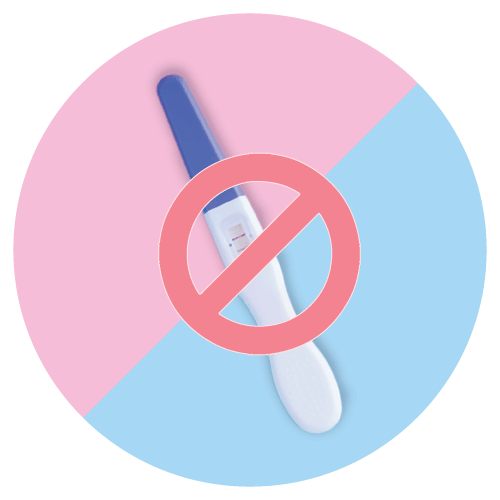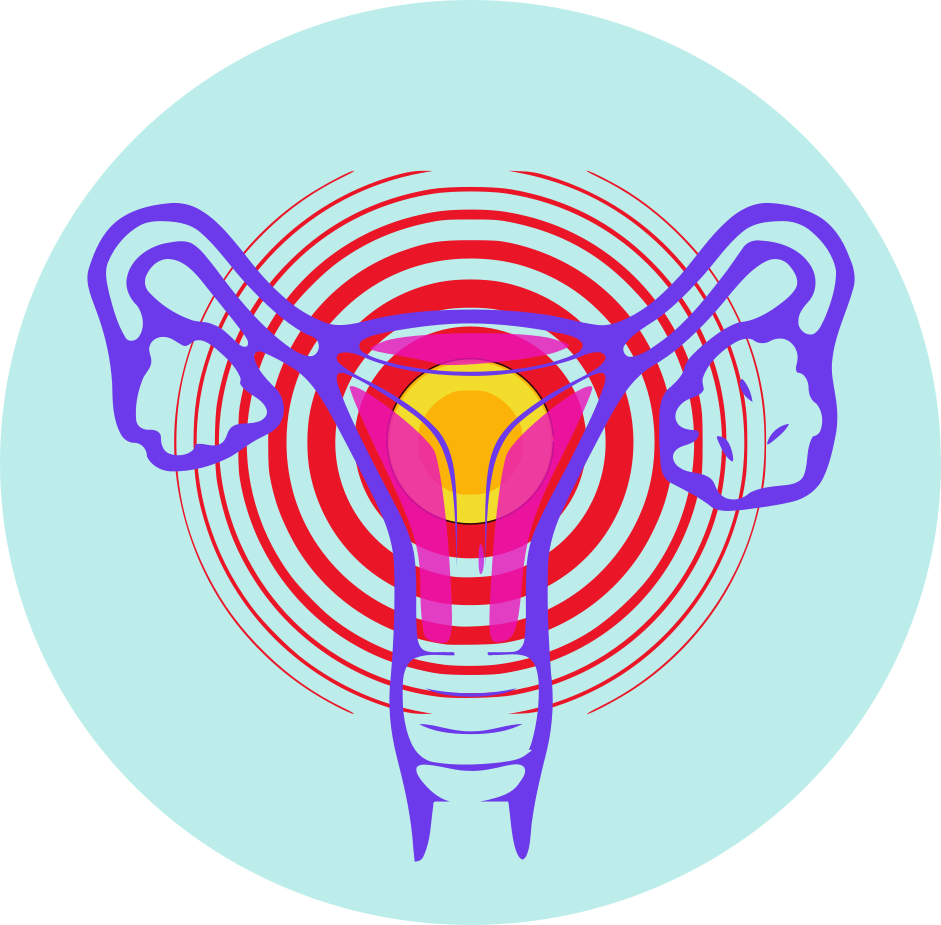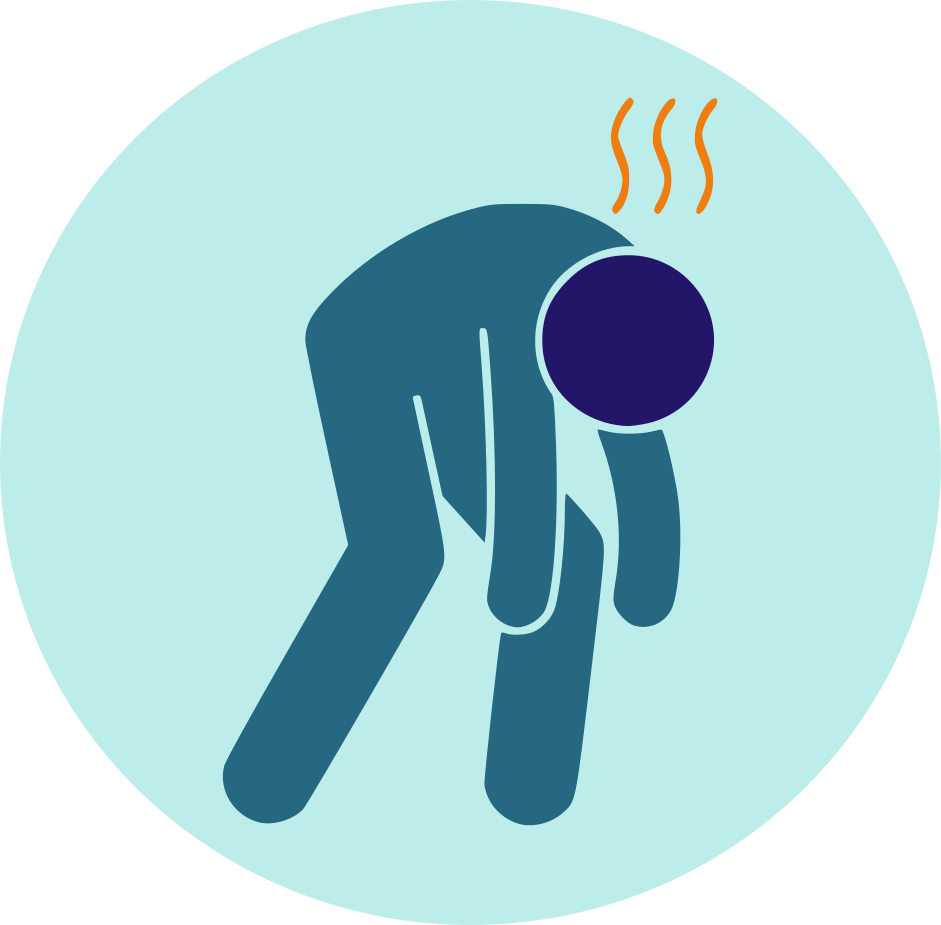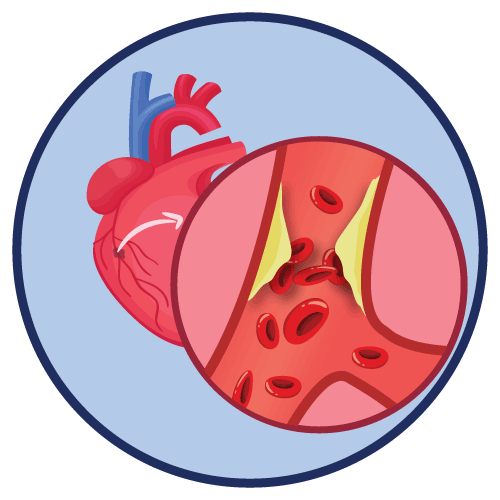| Name | Desogestrel |
| Classes |
Hormonal Agent Sex Hormone Steroid |
| Diseases |
Acne Contraception Hormonal Disorder Unusual Hair |
Desogestrel
Desogestrel is a synthetic progesterone analogue. Desogestrel tablets prevent conception by suppressing ovulation in approximately half of the cycles in users, thickening the cervical mucus to inhibit sperm penetration, lowering the midcycle LH and FSH peaks, slowing the movement of the ovum through the fallopian tubes, and altering the endometrium.
Desogestrel tablets are indicated for use by females of reproductive potential to prevent pregnancy.
Desogestrel must be used exactly as directed to be effective as a contraceptive.
Tablets must be taken at roughly the same time every day, so that the interval between two tablets is always 24 hours. On the first day of menstrual bleeding, take the first tablet. Following that, one tablet should be taken every day without regard for possible bleeding. The day after the previous blister, a new one is started.
The following adverse reactions were reported with the use of desogestrel-
- Menstrual irregularity, changes in menstrual flow; breakthrough bleeding/spotting; amenorrhea, prolonged bleeding
- Headache
- Dizziness
- Nausea
- Abdominal pain, cramps and bloating
- Fatigue
- Vaginal discharge
- Breast tenderness
- Diarrhea
- Cigarette smoking increases the risk of serious cardiovascular side effects from oral contraceptive use. This risk increases with age and with heavy smoking (15 or more cigarettes per day) and is quite marked in women over 35 years of age. Women who use oral contraceptives should be strongly advised not to smoke.
- Oral contraception is linked to an increased risk of several serious conditions, including myocardial infarction, thromboembolism, stroke, hepatic neoplasia, and gallbladder disease, though the risk of serious morbidity or mortality is very low in healthy women without underlying risk factors.
- If jaundice develops in any woman receiving such drugs, the medication should be discontinued. Steroid hormones may be poorly metabolized in patients with impaired liver function.
- Patients should be informed that this product does not protect against HIV and other sexually transmitted diseases.
- Women who are being treated for hyperlipidemia should be closely monitored if they choose to use oral contraception. Some progestogens may raise LDL levels, making hyperlipidemia control more difficult.
- Women with a history of depression should be closely monitored, and the medication should be discontinued if depression recurs to a serious level.
- Contact lens users who experience visual changes or changes in lens tolerance should consult an ophthalmologist.
- Concurrent use of rifampin has been linked to decreased efficacy and an increased incidence of breakthrough bleeding and menstrual irregularities.
- A similar association, though less marked, has been suggested with barbiturates, phenylbutazone, phenytoin sodium, carbamazepine and possibly with griseofulvin, ampicillin, and tetracyclines.
Contraindication
Contraindicated in women hypersensitive to any component of this product.
None known.
Desogestrel is contraindicated in-
- Thrombophlebitis or thromboembolic disorders
- A past history of deep vein thrombophlebitis or thromboembolic disorders
- Cerebral vascular or coronary artery disease
- Known or suspected carcinoma of the breast
- Carcinoma of the endometrium or other known or suspected estrogen-dependent neoplasia
- Undiagnosed abnormal genital bleeding
- Cholestatic jaundice of pregnancy or jaundice with prior pill use
- Hepatic adenomas or carcinomas
- Known or suspected pregnancy
 Bangla
Bangla English
English








